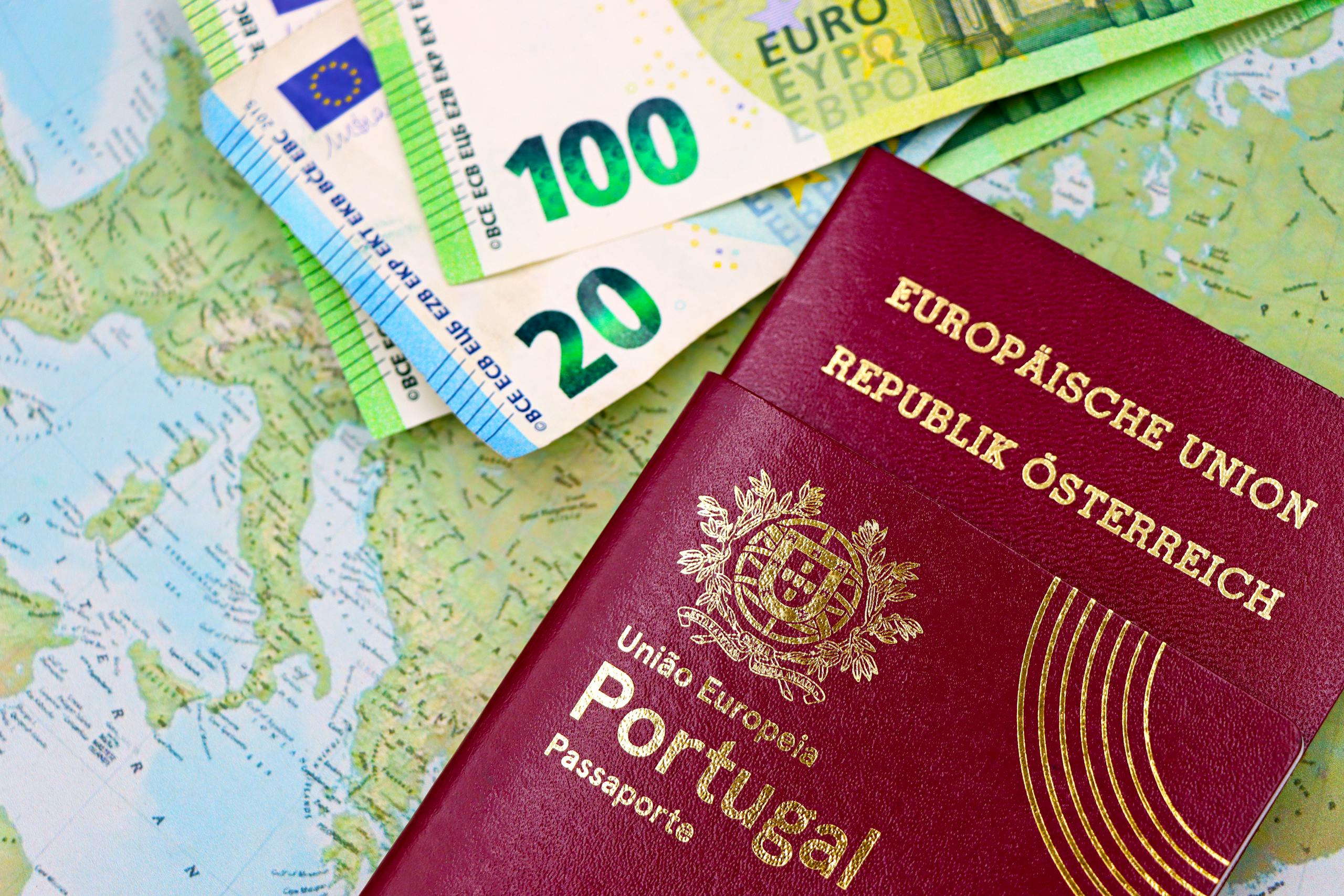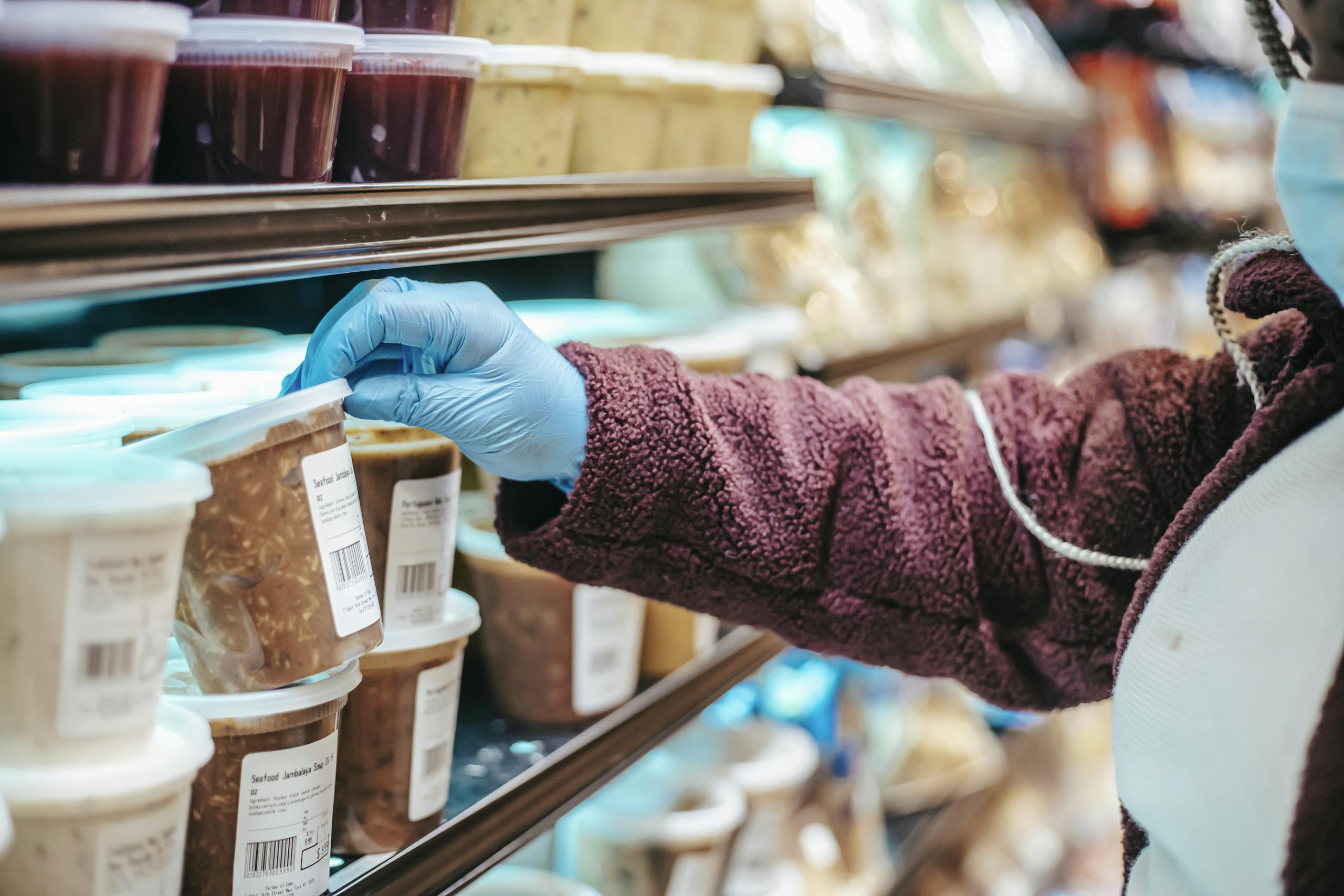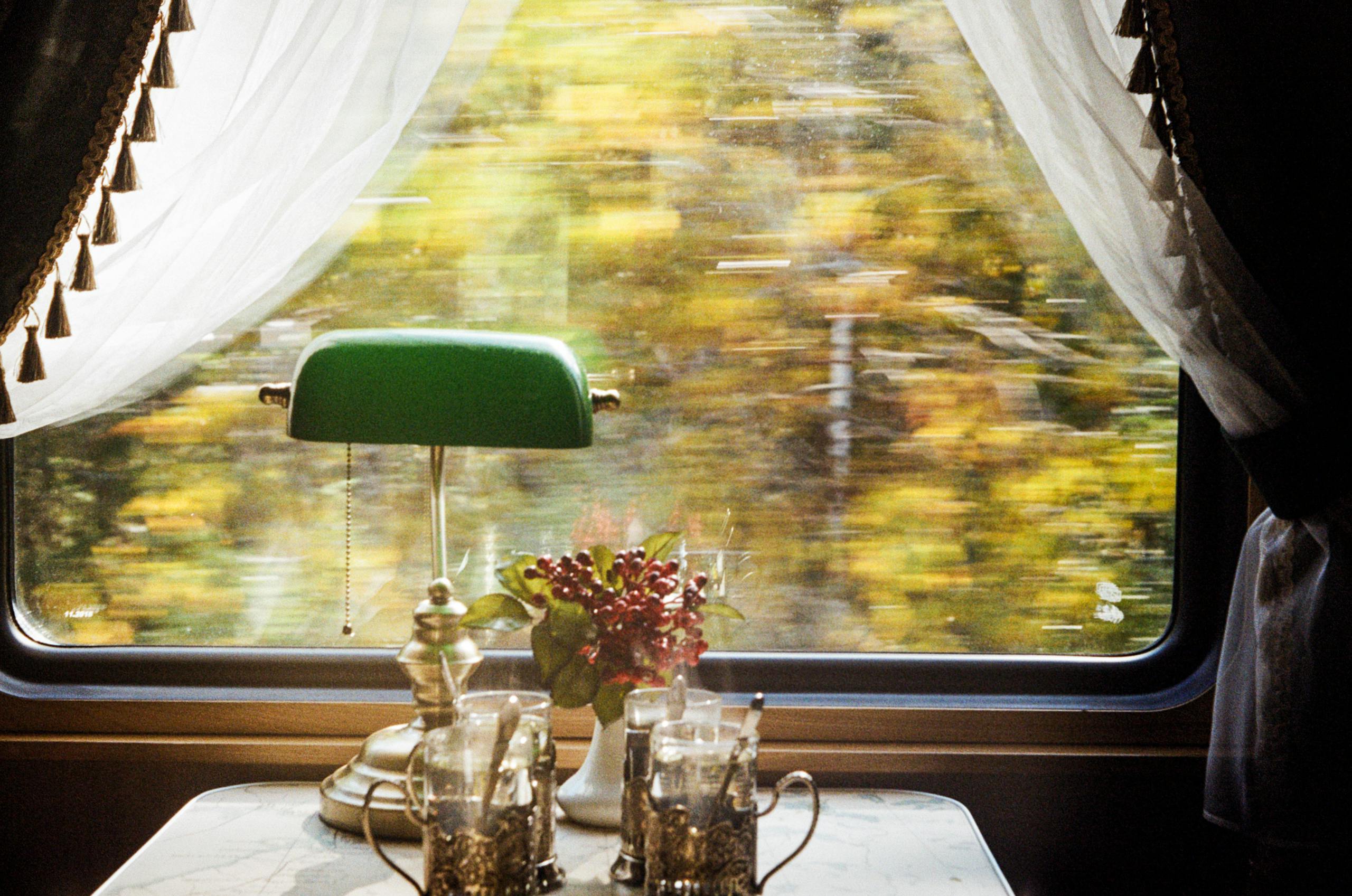Christmas in Spain is a magical time filled with unique traditions, vibrant celebrations, and delicious food. The holiday season in Spain is not just about December 25th but extends through January, making it one of the longest and most festive periods of the year. If you’re planning to experience Christmas in Spain or want to learn more about Spanish holiday traditions, here’s how the Spanish celebrate Christmas in style.
1. Christmas Lights and Decorations
Spain’s cities and towns are beautifully decorated with Christmas lights and festive displays. Madrid, Barcelona, and Seville are particularly famous for their extravagant light shows. Streets are lined with twinkling lights, and shops and public squares are transformed into winter wonderlands.
2. Nochebuena – Christmas Eve Dinner
In Spain, Christmas Eve, or Nochebuena, is the highlight of the holiday season. It’s a time for family gatherings, and the festive dinner is one of the most important meals of the year. People gather around the table to enjoy traditional Spanish dishes like turrón (nougat), jamón ibérico, and seafood such as bacalao (salted cod).
3. El Gordo – The Christmas Lottery
Spain eagerly anticipates the El Gordo Christmas lottery, held annually on December 22nd. As the largest lottery in the world, it awards top prizes worth millions of euros. Televised nationwide, the event draws people together to watch the children of San Ildefonso sing the winning numbers.
4. La Misa del Gallo – Midnight Mass
On Christmas Eve, many Spaniards attend La Misa del Gallo, the Midnight Mass. The name, which translates to “The Rooster’s Mass,” comes from the tradition of the rooster crowing at midnight to announce the birth of Jesus. This religious service is an essential part of Christmas for many Spanish families.
5. The Christmas Day Feast
Christmas Day in Spain is usually a relaxed affair compared to the lively celebrations of Christmas Eve. It’s common for families to enjoy a leisurely lunch with canelones (cannelloni stuffed with leftover meats from Nochebuena) or cordero asado (roast lamb).
6. Three Kings’ Day – Día de Reyes
Christmas is widely celebrated in Spain, but the holiday season truly ends with Día de Reyes (Three Kings’ Day) on January 6th. This day commemorates the Three Wise Men presenting gifts to the newborn Jesus. On January 5th, cities host parades where the Kings ride through the streets, tossing sweets and small gifts to children.
How Hospitality Academy Can Help You Experience Christmas in Spain
Pursuing a hospitality career while exploring festive traditions is possible with Hospitality Academy. Our programs let you experience Spain, immersing yourself in its culture, traditions, and hospitality practices. Whether you’re dreaming of working in luxury hotels, restaurants, or event management, we can help make that dream a reality. Apply here!




